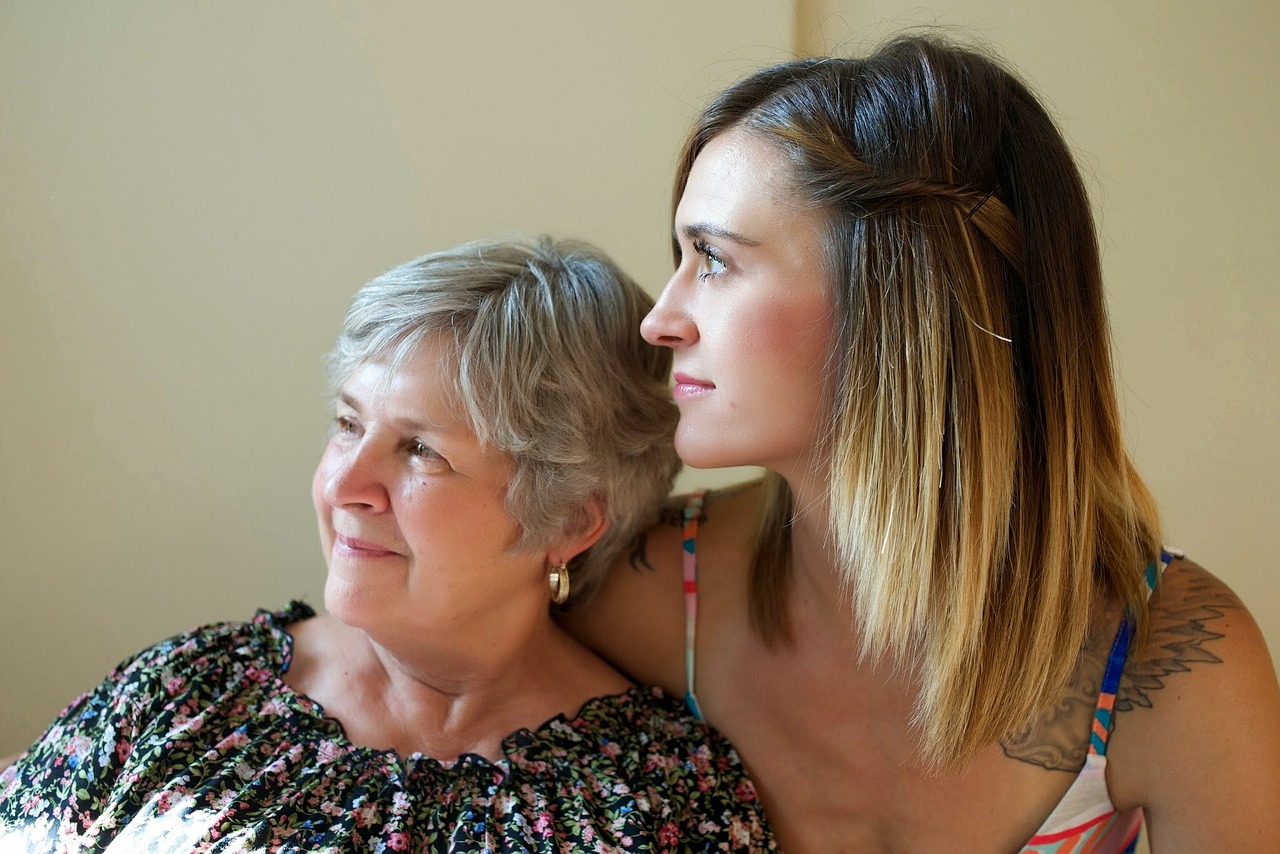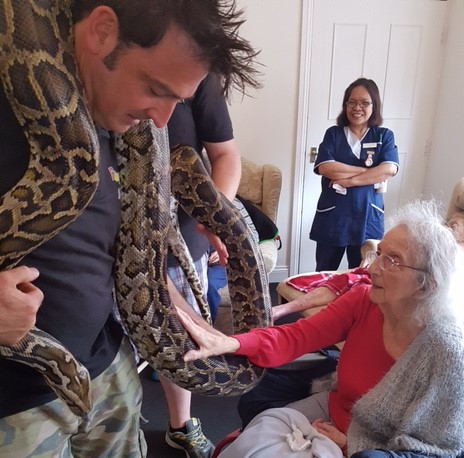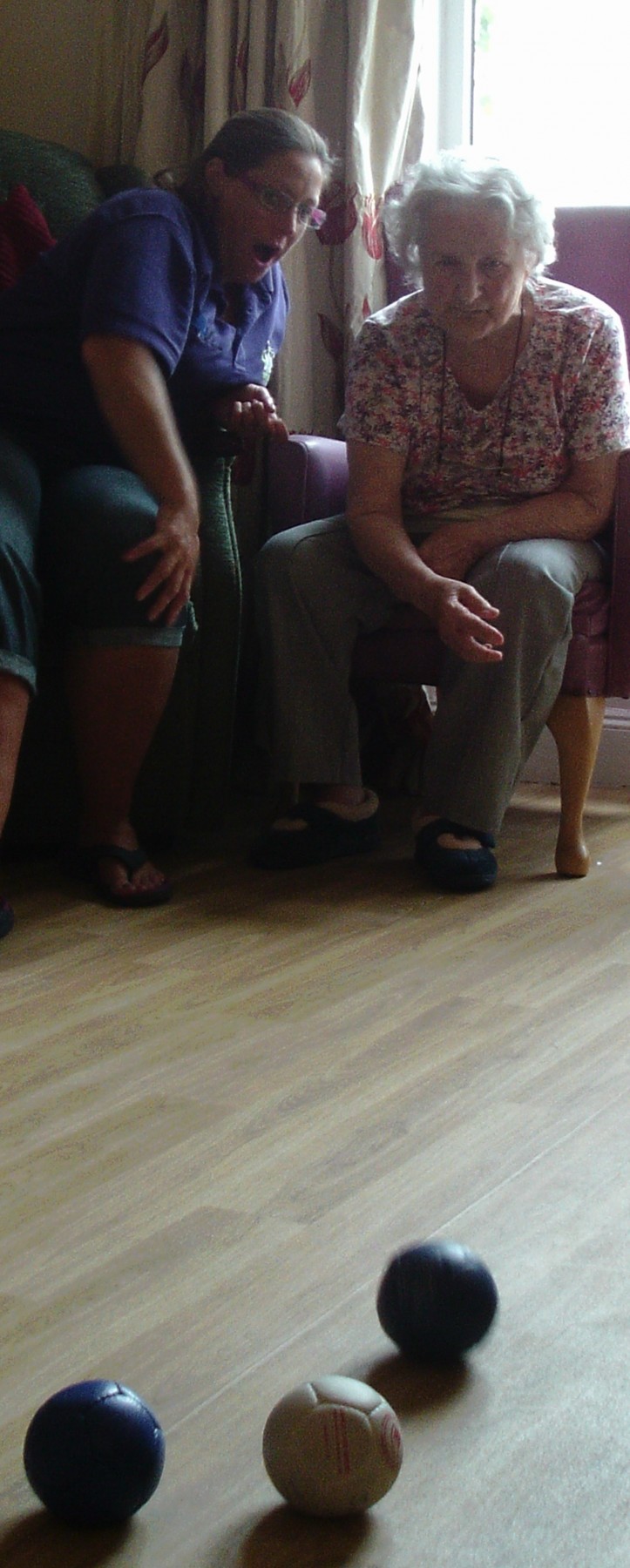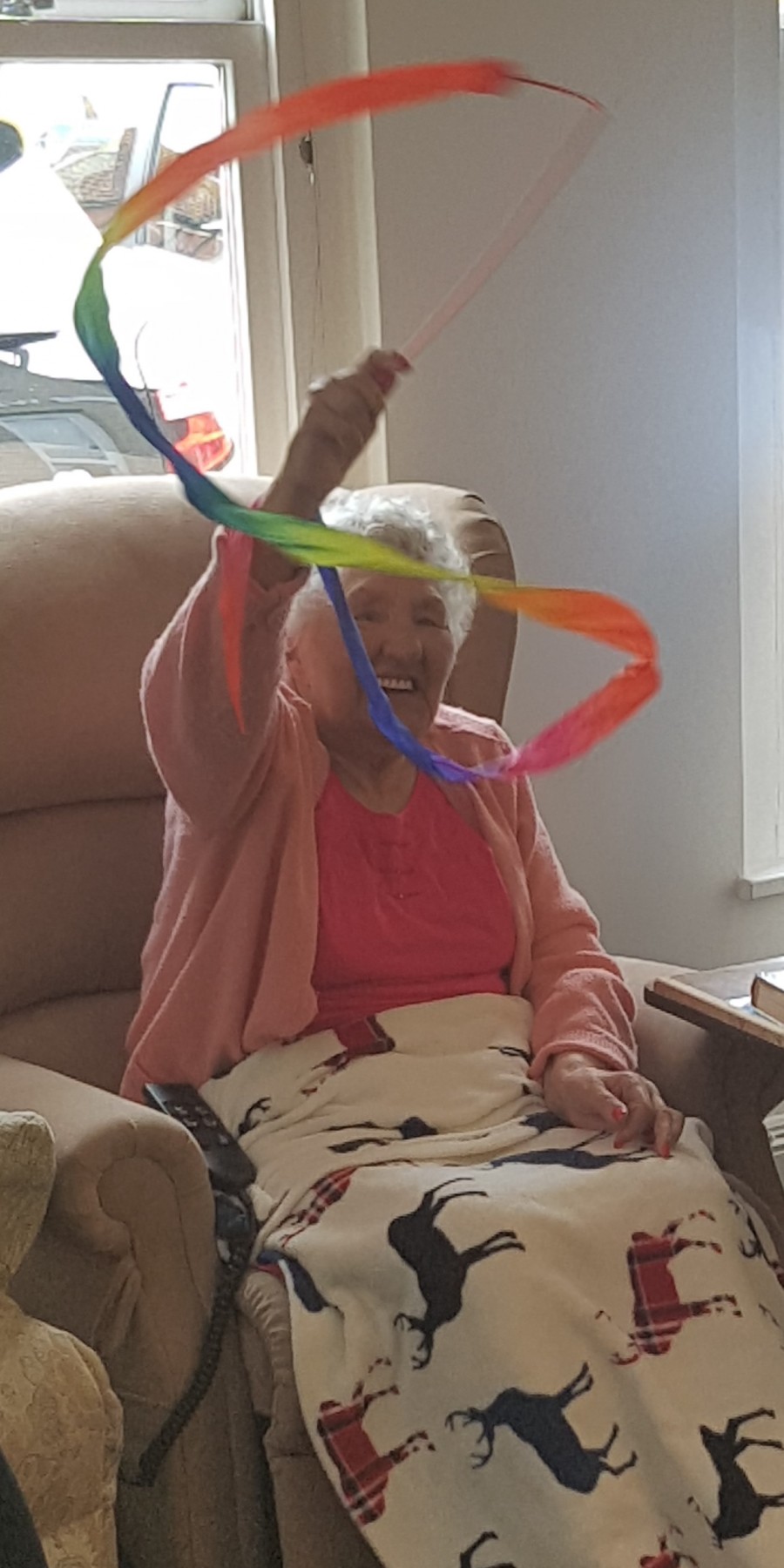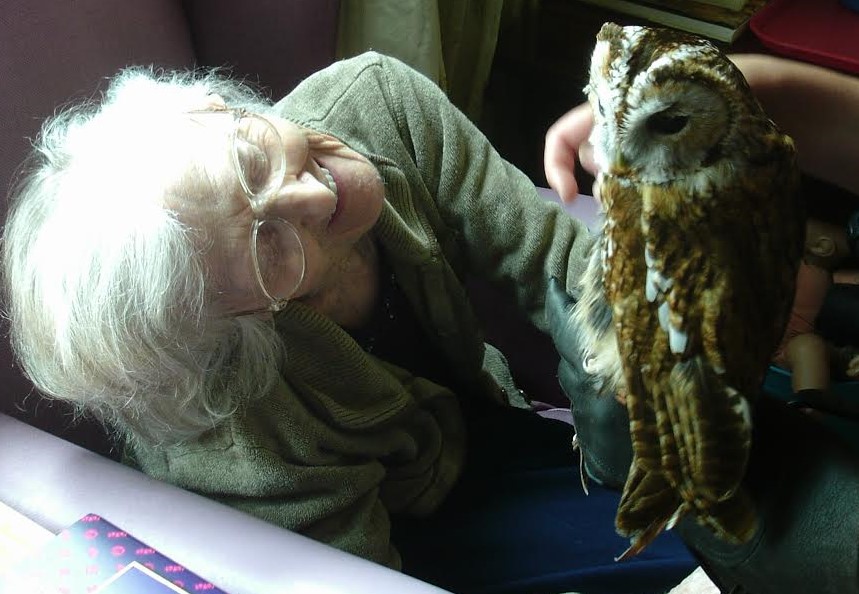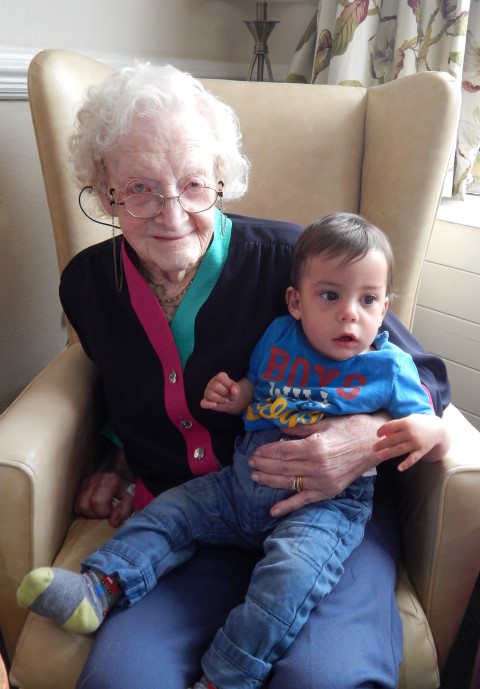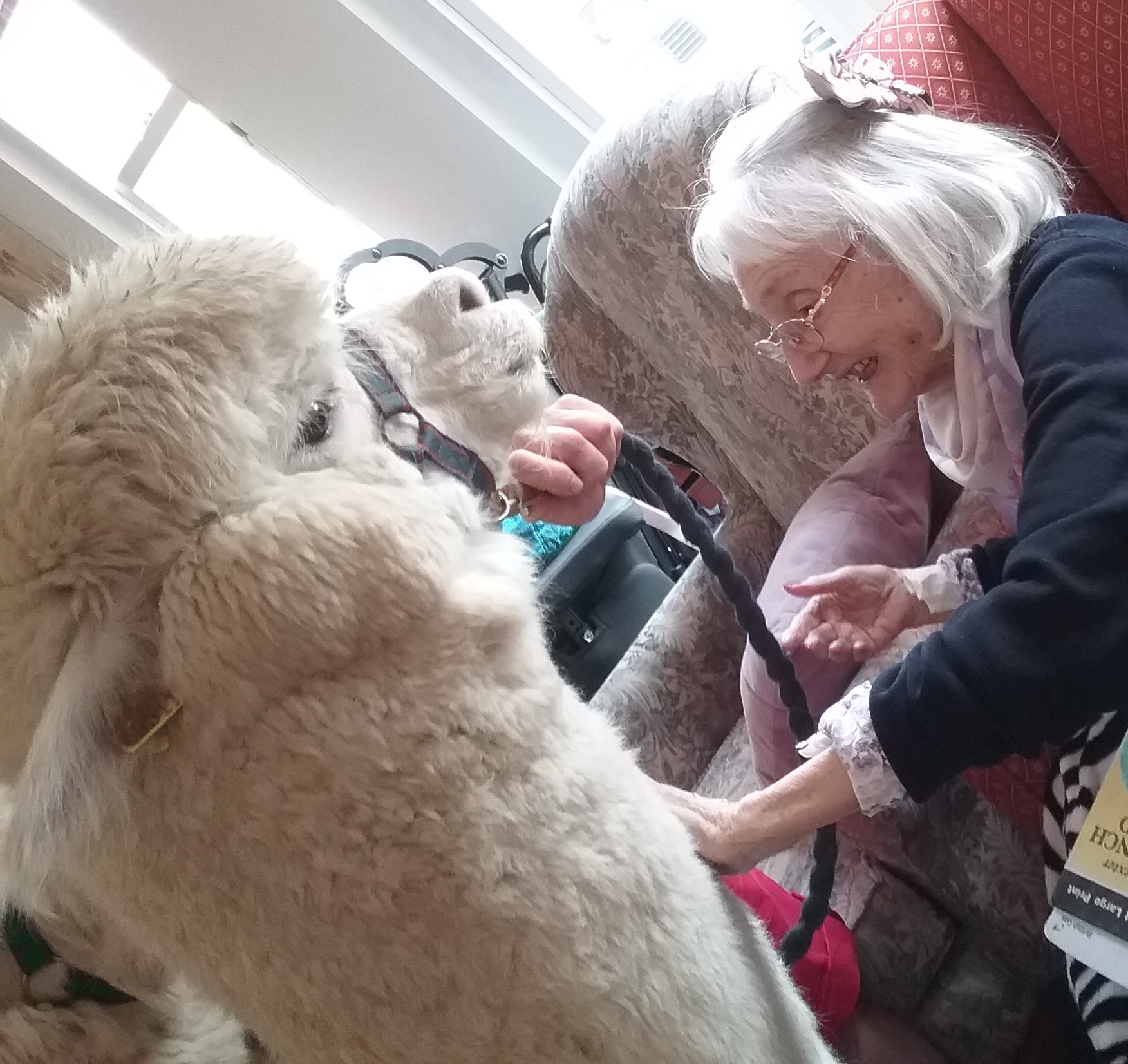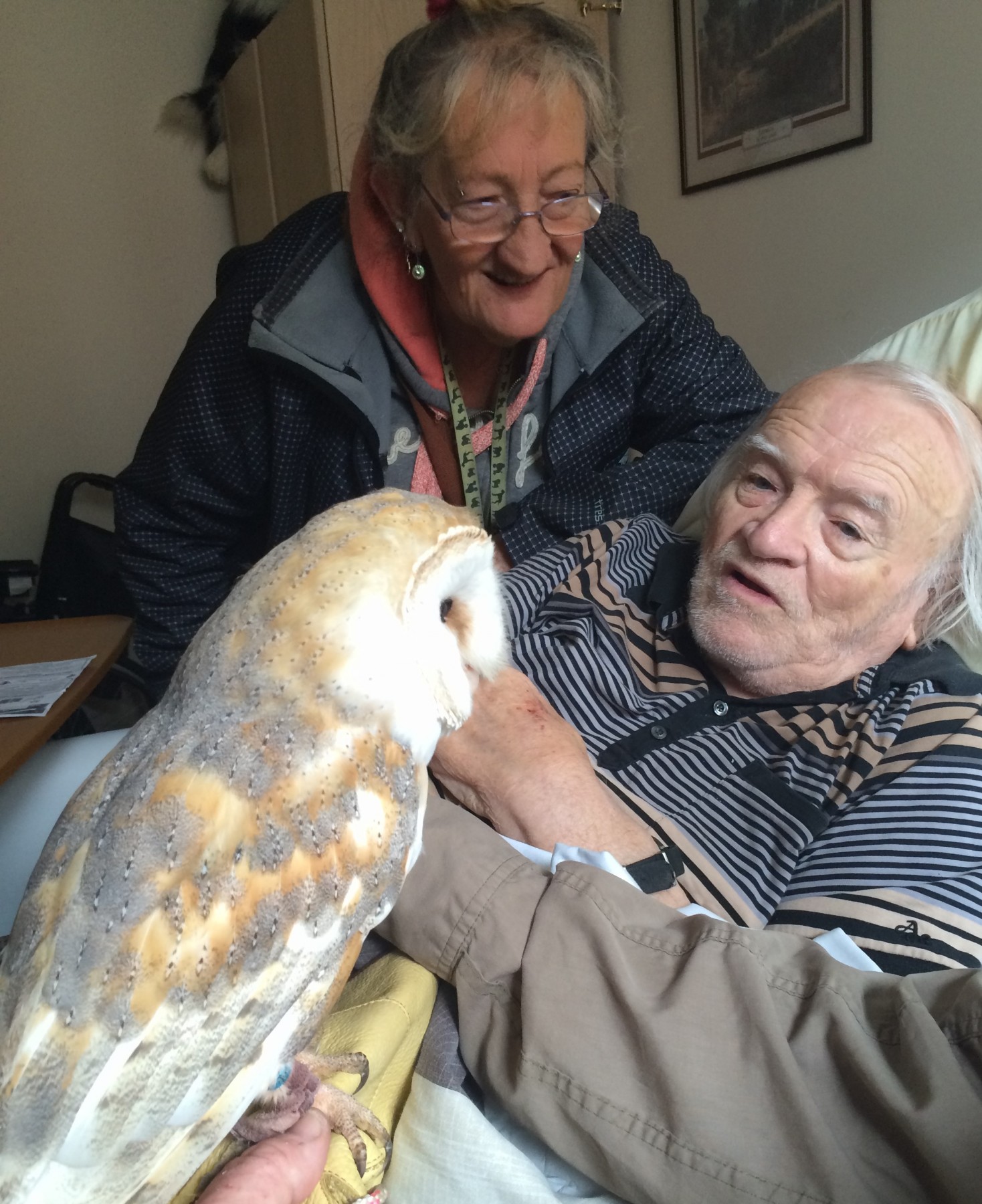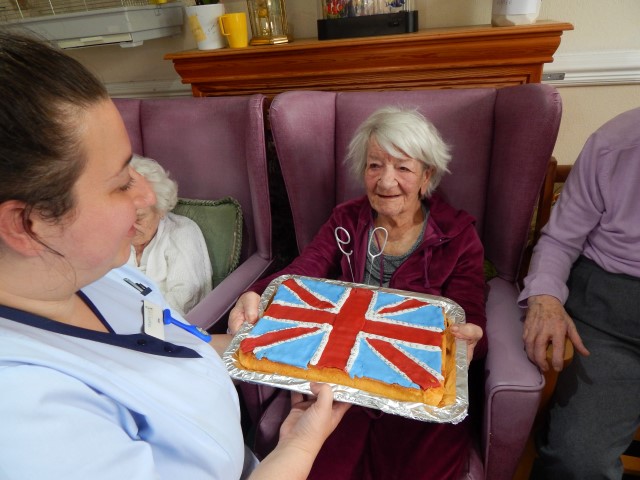It is always interesting reflecting on trend reports from earlier in the year. We recently came across an assisted living trend report put together at the start of 2016 by The Senior List. It’s interesting to see that although the nine predicted trends have not necessary taken over the industry you can begin to see changes happening towards some of these trends.
The most obvious advances in this industry and many others is the impact of technology on our lives. As listed in these trend predictions – the increase in using memory care therapy and technology automation in both care homes and elderly peoples own homes have been seen this year and will no doubt continue to be seen in the coming years.
Technology
Ever evolving and developing technology is allowing the older generations to stay at home independently with more ease and safety, for longer than ever before. With the introduction of technology such as the internet of things, older people are able to easily manage everything from re-stocking the fridge without leaving the house to health monitoring with wearable technology that can be monitored by family/friends or health professionals.
For those who are unfortunately no longer able to be independent due to deteriorating health conditions, technology is increasingly becoming a comforting therapy or even friend that can be available to them. In some cases it is simply the ability to Skype family/friends using a device to beat loneliness and encourage interaction. But increasingly the industry is developing new technologies to comfort health deterioration to improve mood and restore personality – especially for patients with Dementia.
New developments in therapy style technology are happening all the time – the industry and healthcare providers are increasing understanding the results of using this form of therapy and how this can help people suffering with this complex disease. Reminiscence therapy has been seen to improve mood, cognitive ability and wellbeing to those who are suffering from Dementia. This therapy is often in the form of digital life story books or memory boxes which include images, videos and music from their life. There is research going into this area all the time with recent research by Leeds Beckett University released showing that recording regular audio diaries can boost the confidence of people with dementia and help to reduce stigma.
With the most recent trend showing the divergence between need and resource, technology could also be the future to bridging that gap.
The future
This really is just the tip of the iceberg when it comes to the technical ability that can be brought to our lives. What will the future bring? Assisted living may well become the norm for ageing generations. And devastating diseases such as Dementia could be softened or even progression slowed down thanks to therapy developments. Ageing is inevitable but if we can implement technologies to make it more comfortable that has got to be a positive for the future.
